I pull out of Beit Hanina, the East Jerusalem suburb where I live, and turn onto the main road towards Ramallah. Traffic is light. It is only 6:30 am. In less than one hour, cars will fill the street and spill onto the sidewalks like raspberry, orange and grape candies forgotten to rot and collect dust. They will elbow their way through the roundabout, the space between them only big enough for gusts of black exhaust to escape into the Jerusalem air.
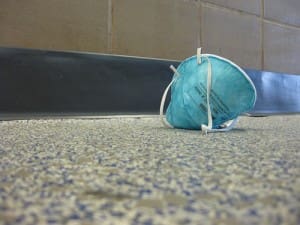
The drivers, having not yet reached the place where the old man sells thick Arabic coffee in plastic cups, will be half-asleep. They will wake briefly to battle for their territory when the lanes merge from three to two, then from two to one. When their tires clang over the row of metal spikes that signal there is no going back, they will blink and see the reality before them: soldiers with automatic weapons on the left ignore cars traveling from Jerusalem to the West Bank but check each car trying to enter Jerusalem from the West Bank. There is a line of Fiats and Fords snaking alongside the separation wall all the way past the refugee camp. Teachers, laborers, secretaries, nurses, salesmen, students. They will light up cigarettes and wait for their turn to enter Jerusalem—if they are deemed legitimate, acceptable, human.
But it was only 6:30 am, and I was spared. The checkpoint was nearly empty. I rolled down my window and enjoyed the crisp October air, a brief respite between the washed out heat of summer and the smell-of-damp-concrete winter. Then I saw him stepping off the curb.
A man, perhaps in his early thirties, slightly overweight, light brown pants, brown-green shirt. In his arms, a full-grown woman, mid-twenties, average height and weight, black pants and black blouse, her eyes tired, a blue surgical mask over her mouth. She looked weak but she was conscious. I stopped my car the second I saw them. The man nodded to acknowledge my courtesy. My mouth dropped open and tears sprung to my eyes. He crossed the street in front of me, a small entourage of women carrying bags behind him.
And then I was crying. Cars behind me honked, but I sat crying. The man and his wife/sister/neighbor/friend had disappeared into the mob of cars going the opposite direction. Was he trying to take her to a doctor in Jerusalem? Was he going to stand in the two-hour line? How would he pass through the turnstyle holding a full-grown woman like a baby in his arms? Had she left children at home? Did they see daddy carrying mommy through the streets? Were they crying?
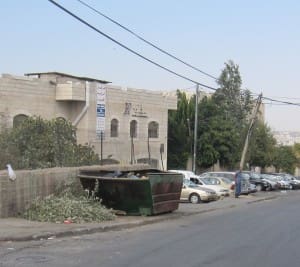
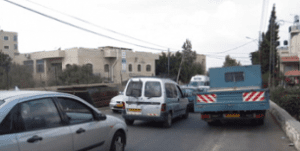
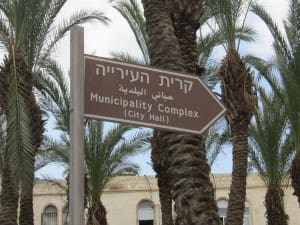
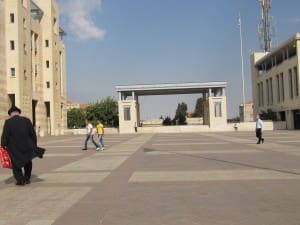
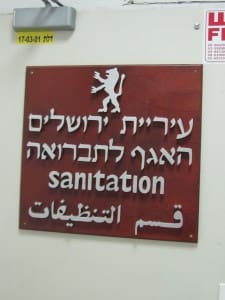
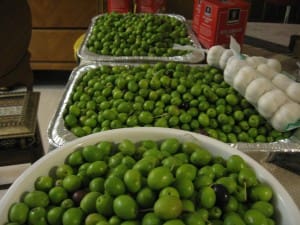

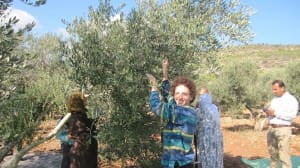
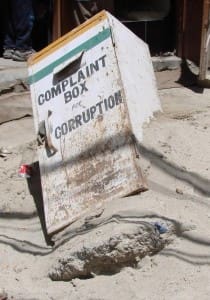
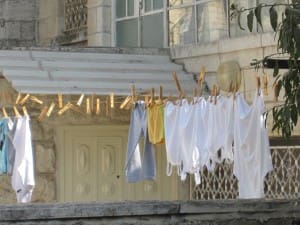
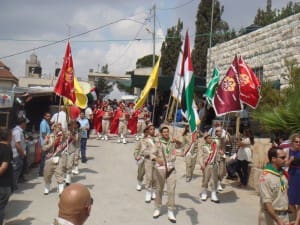
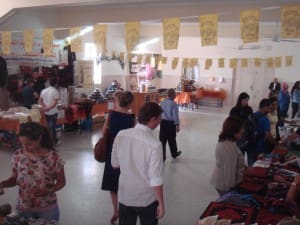


 from the Deccan Chronicle
from the Deccan Chronicle from BBC News
from BBC News